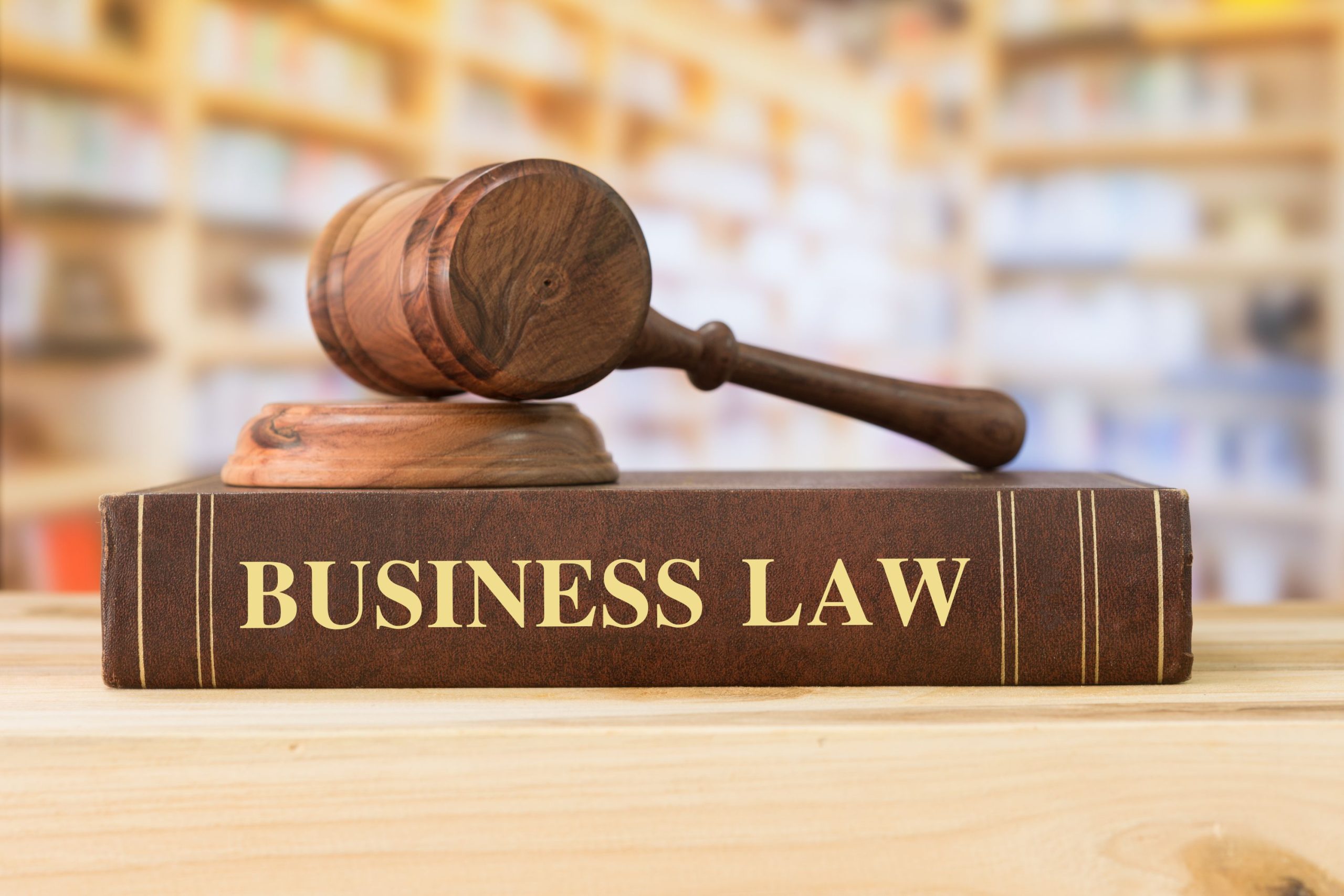Business law attorney: purpose and function
Be it a startup or you have got the business from your forefathers, you will need the assistance of a business lawyer to maintain a smooth and hazard-free business over the course of time. The purpose and the functions of business law are to maintain the code of conduct, protection of rights and liberties, establish standards and settle any kind of legal disputes. To understand the functions and purpose of business law you will need the assistance of a business law attorney. They are professionals who are dedicated to dealing with any kind of question that might arise regarding business and business law. However, have a close look at the functions and purpose of business law, click here to see more.
Purpose
- To establish standards and boundaries regarding what kind of behavior is not acceptable in the workspace. For example, any racist comment made by any of the employees or the employers will be subjected to severe penalties.
- Ensuring that the order is maintained within the business organization and everybody abides by the rules laid by the business law.
- Aiming to mitigate any kind of disputes that might arise between the entities due to the difference in opinion. There are formal and informal ways of mitigating disputes. The court has a formal legal approach to solving disputes whereas one can also solve them informally by arbitration or mediation.
- The laws aim to protect the basic rights of the individual, like freedom of speech, religious freedom, and so on.
Function
- Legal bases such as ethics, court system, structure, etc., are taken into consideration by the business law.
- Contact laws, breach of contract, work delegation, transaction, etc., are regulated under the supervision of business law.
- Corporate laws a part of the business code governs the formation and function of a corporate body.
- Tax laws determine the various types of taxes that are there and that will affect the function of the business.
- Competition and antitrust are also inclusive.
- Employment laws safeguard the rights of the employees and the employer and see that their demands are met and that they are not subjected to unfairness.
- Environmental laws aim to help the business organization understand the carbon footprint they are leaving and suggest ways to mitigate the pollution they are contributing in the course of maturation.
- Property laws deal with the property of the business and govern real and personal property.






